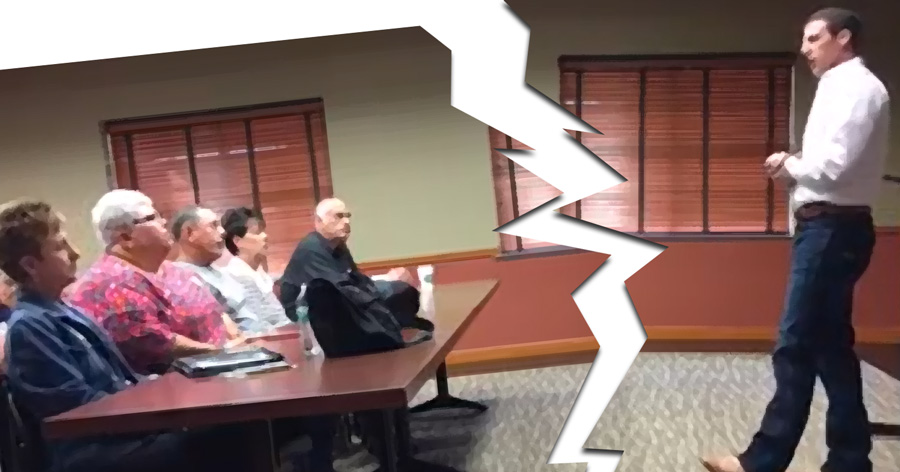“Turkey’s democracy died today,” CNN headlined its report on yesterday’s national constitutional referendum. The measure contained 18 significant changes designed to further empower the country’s already seemingly all-powerful President Recep Tayyip Erdogan.
CNN is behind the times. Turkey hasn’t been a real democracy for some time.
Even before last summer’s coup attempt, as Newsweek informed, President Erdogan launched “attacks on Turkish demonstrators, the press, the Turkish judiciary and police officials launching corruption investigation against him.”
Post-coup, the gloves really came off. Erdogan declared a state of emergency, firing or suspending over 125,000 government workers and arresting more than 40,000 citizens, including more than 100 journalists.
Freedom of the press no longer exists.
Considering the tight media controls, the barring of many opposition events and violent attacks on those campaigning against the change, “Many analysts were surprised by the close result,” noted the New York Times. The referendum passed only 51 to 49 percent, losing in the three largest cities: Istanbul, Ankara and Izmir.
Authorities changed the rules after voting had begun, sparking demands for a partial recount; accusations of election fraud abound. Nonetheless, President Erdogan has declared victory. The outcome is unlikely to be overturned.
Now, he’ll be able to appoint (without any legislative branch check) a majority of the nation’s highest court. He will also be able to issue decrees, previously forbidden.
Another huge change is re-setting the term limits clock. Now Erdogan may remain in power until 2029.
Before our eyes, Turkey has become an authoritarian nightmare. Such a regime cannot be counted as an ally. Yet, with the close vote, don’t count the Turkish people out.
This is Common Sense. I’m Paul Jacob.











